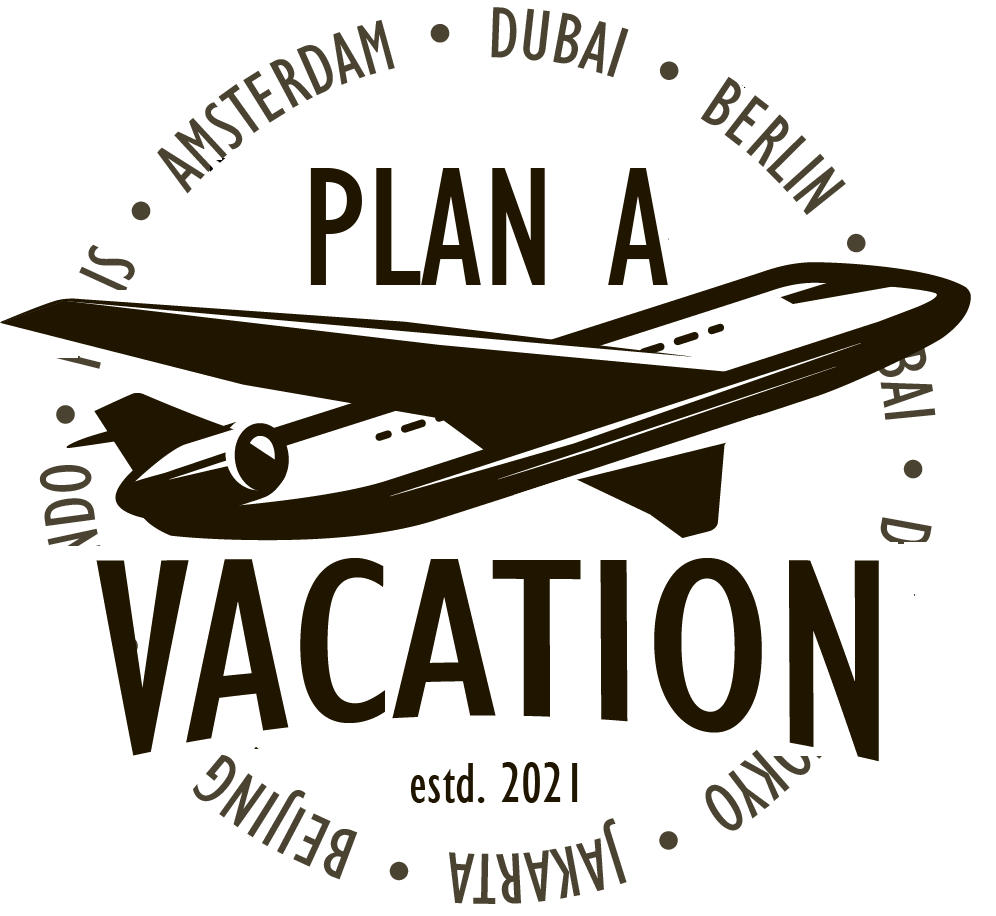Portugal
Overview
Portugal's played a more important role in history than many might admit. Though some may think of it as Spain's neighbor today, in truth it was one of the driving forces behind both European exploration and even the settlement of the New World.
From the country's role as one of Europe's greatest trainers of navigators to its early role in the African slave trade, it's hard to overstate the impact that Portugal has had on world history. While the modern nation many share a past with the country of old, today's Portugal is a nation with its eyes firmly locked on the future.
Do Some Light Reading
Quick Facts about Portugal
- Portugal is one of Europe's oldest nations, with roots back to the 9th century and a more official foundation dating back to 1128.
- Portugal has the only program in Europe that allows tourists to interact directly with dolphins.
- Portugal's Vasca da Gama Bridge is the longest bridge in Europe.
- Portuguese is spoken in nine different countries, with enough speakers to make it the sixth most spoken language in the world.
Borders
The westernmost country in Europe, much of Portugal's history has been defined by its relationship with the only nation that it borders on land. Portugal's sole land border is with Spain, though it did formerly have a globe-spanning empire. In fact, Portugal is now one of only seven European countries that only share borders with one other nation.
Area
Portugal occupies an area of about 35,672 square miles. This area does not just incldue the continental portion of Portugal, though - it also includes the country's holdings in the Azores, Madeira and Porto Santo. Portugal is not the smallest country in Europe, but it also doesn't rank on the list of largest nations - it is actually slightly smaller than the American state of Indiana. Portugal does, however,
Government
Portugal's government is defined as a semi-presidential republic. In this system, the President is the head of state but the Prime Minister is the head of the government. The bulk of Portugal's governing powers lie within both the Government and the Assembly of the Republic from which the Government is drawn.
Unlike many other nations, Portugal is not broken up into federal units that handle most of their own local legislation. Instead, the Assembly of the Republic represents both the citizens of the country as well as the interests of Portuguese citizens who are currently living abroad.
Frequently Asked Questions
What languages are spoken in the Portugal?
Almost everyone in Portugal speaks Portuguese. The home of the language, the most diversity is not necessarily found in terms of the language spoken but rather in terms of the individual's dialect. There are at least thirteen spoken dialects of Portuguese. One of these dialects, Mirandese, has been officially declared its own language as of 1999. The most commonly spoken foreign language in Portugal is English, followed by Spanish and French.
What is the climate like?
Given its location, it makes sense that Portugal is largely described as having a Mediterranean climate. In practice, this means that the weather of the country is generally fairly moderate. The temperature doesn't generally drop too far below the fifty degrees Fahrenheit mark in the winter, and it rarely goes above eighty-two degrees Fahrenheit in the summer.
The temperature of the interior of the country can have more dramatic swings, though, with highs above the ninety-degree mark at times. With this said, the general climate of Portugal is fairly pleasant and generally very conducive to tourism.
What currencies are commonly accepted?
Portugal's currency is the Euro.
What is the population of the Portugal?
The population of the country is approximately 10.3 Million.
What is the capital?
The capital of Portugal is Lisbon. Lisbon is located on the Portuguese coast along the Mediterranean sea, just a little more than half way between the northern and southern parts of Portugal.
What time is it in Lisbon?
02:45:50, 10/17/2025
